News
COVID-19: 624 out of 695 workers of Tema fish processing company test negative
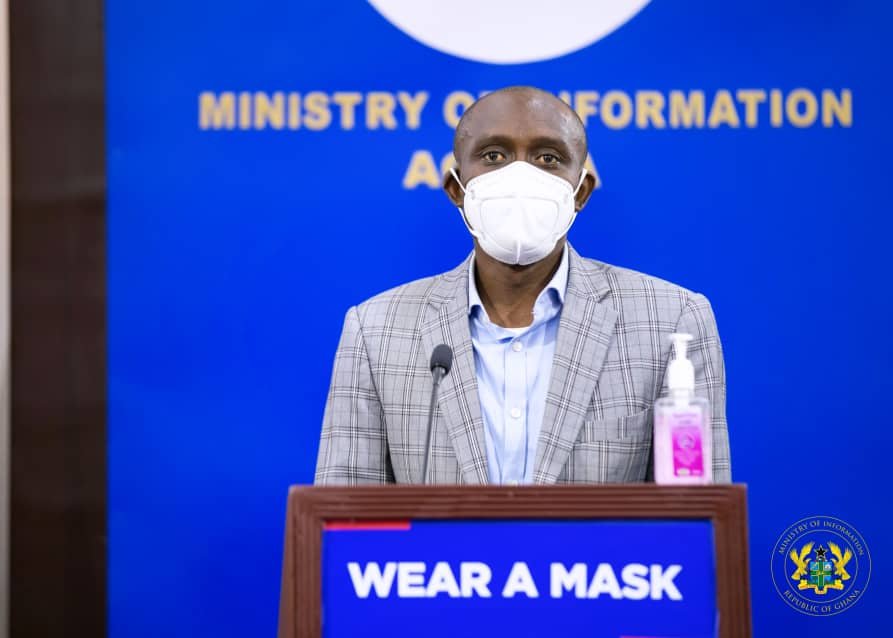
At least 624 out of a total of 695 workers who tested positive for coronavirus (COVID-19) at the Tema-based fish processing company have recovered as the factory prepares to resume operations.
According to the Ghana Health Service (GHS), after all 1,300 employees of the company were tested for the virus, an additional 162 workers were found to have been exposed, resulting in the shutdown of the factory.
It would be recalled that in his last address, President Nana Addo Dankwa Akufo-Addo disclosed that one person had initially infected 533 employees of the fish processing company.
The infections, he indicated, were identified as part of a backlog of nearly 921 cases going back as far as April 26 that was only recently being reported.
Updating the country yesterday following an assessment into the outbreak at the factory, the Head of Disease Surveillance at the Ghana Health Service (GHS), Dr Franklin Asiedu Bekoe said aside non-adherence to social distancing protocols, facilities like a staff bus and clock-in machines had exposed workers to the virus.
“Most of them were asymptomatic and currently we are aggressively identifying contacts of seven people who tested positive because we realise most of the workers live outside Tema and may have infected other people.”
To forestall any occurrence, Dr Bekoe said the GHS had ensured that the factory had in place hand washing facilities; “we have done floor marking to demarcate where people must stand, staff are to wear face mask and placed sanitisers at vantage points.”
“We have also created a holding room at the factory and a temperature check point at the entrance to quickly isolate workers in case of any event and with the level of compliance seen, they are ready to start operations soon,” he said.
In the case of Obuasi in the Ashanti Region, where a trader was said to have infected 17 others at the Obuasi central market, Dr Bekoe indicated that fact-finding visit to the area found, among others, that most individuals refused to wear face masks, “despite how densely populated the area is.”
“Although AngloGold Ashanti has a prominent hospital, we found that they did not have a treatment facility. You also do not see people wearing face masks and there is no holding or quarantine facility,” he observed.
To this end, the Head of Disease Surveillance said the GHS has initiated measures, including a voluntary mass testing programme, for high risk populations to curtail the spread of COVID-19 in the area.
“We are going to carry out enhanced contact-tracing in the very high-risk areas. Obuasi has very densely populated areas like Central Market, Anyinam, Asankore, Wawaso, among others. We are also going to do mass voluntary testing among certain risk groups, including taxi drivers and food vendors as a way of trying to address surveillance and contact management in Obuasi,” he said.
Dr Bekoe announced that in addition to resourcing the Kumasi Centre for Collaborative Research (KCCR) to improve testing, government had secured a 100-bed facility as an isolation centre to help in case management.
Ghana now has 5, 918 confirmed cases of COVID-19, with 1,754 recoveries and 31 deaths.
BY ABIGAIL ANNOH
News
Ga Mantse endorses initiative to end domestic voilence

Dr Theresa Baffour, an advocate for ending violence and Chief Executive Officer (CEO) of SAHM SAHW Foundation, has said that society plays a critical and pivotal role in breaking the cycle of domestic violence.
According to her, domestic violence is a major contributor of making women, who are mostly the victims, mentally derailed and unable to engage in economic activities.
She said this when the foundation called on the Ga Mantse, Nii Tackie Teiko Tsuru II, to solicit support for the initiative by the “Strong and Healthy Minds, Strong and Healthy Women” (SAHM SAHW) to combat domestic violence within the Ga State.
The visit was occasioned by the fact that domestic violence cases have become quite prevalent in the Ga communities and is retarding growth.
According to her, the canker was an impediment to national development because the victims were usually tortured and would have to go through series of therapies to return to the right state of mind.
Dr Baffour mentioned that Gender-Based Violence (GBV) places a mental toll on women, and was, therefore, important to break the cycle through comprehensive mental health support, crisis intervention and empowerment programmes in communities with high rates of GBV.
This intervention, she underscored, would help in empowering the denigrated victim of domestic violence to soundly heal, build and thrive.
Dr Baffour added that the initiative would provide holistic, trauma-informed mental health care and advocacy for young women affected by domestic violence.
According to her, the above statement would create safe spaces for healing and equipping them with entrepreneurial skills for renewed hope and empowered life.
The Ga Mantse pledged his support for the laudable initiative to combat domestic violence and also acknowledged the need to address it in the Ga State.
Further endorsement came from Justice Julia Naa-Yarley Adjei Amoah, Chief of Staff at the Office of the Ga Mantse, as she commended the team of SAHM SAHW Foundation for taking a bold step to end the canker in the Greater Accra.
She added that it was a step in the right direction to save vulnerable women from torture, stress and emotional abuse.
By Alfred Nii Arday Ankrah
Join our WhatsApp Channel now!
https://whatsapp.com/channel/0029VbBElzjInlqHhl1aTU27
News
Traders take over streets again
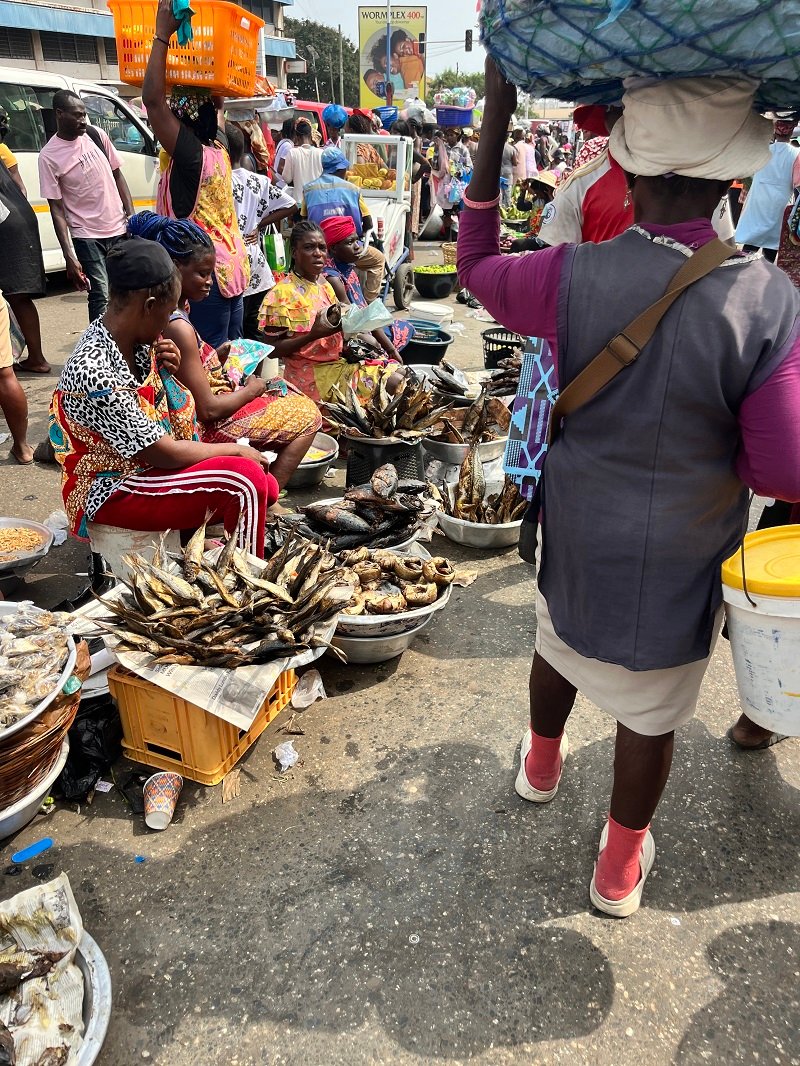
Traders have returned to the streets of Accra, occupying pavements and stretches of some roads after the last major decongestion exercise.
The exercise, which was aimed at restoring order in areas like Kingsway, CMB, Rawlings Park, Tudu etc, have now been defeated.
From Kingsway to Rawlings Park, traders display several wares including, footwear, herbal medicines, plastic products, fresh fish, second-hand clothing, and vegetables, among others.
Local Evangelists are also not left out as they scramble for spaces on the streets.
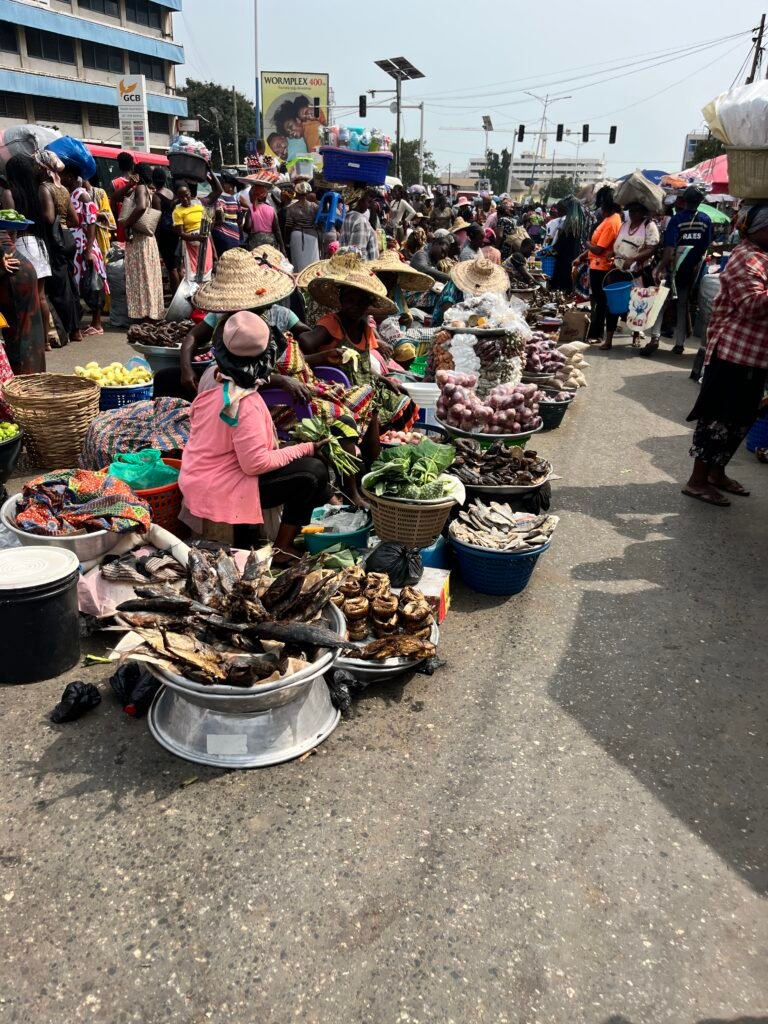
Pedestrians, therefore, find it difficult to move around when shopping, due to the human and vehicular congestion created by the traders.
In an interview with The Spectator, Auntie Abigail, a trader, said her return to the streets was to sell more, and she saw nothing wrong with it.
Hajia, who deals in wholesale items, indicated that they were unable to make sales as their colleagues move to the pavement and since customers don’t want to come inside, they prefer to buy from them.
Meanwhile, the Chief Executive Officer of Accra Metropolitan Assembly, Michael Kpakpo Allotey, has given traders a grace period to go back to their shops.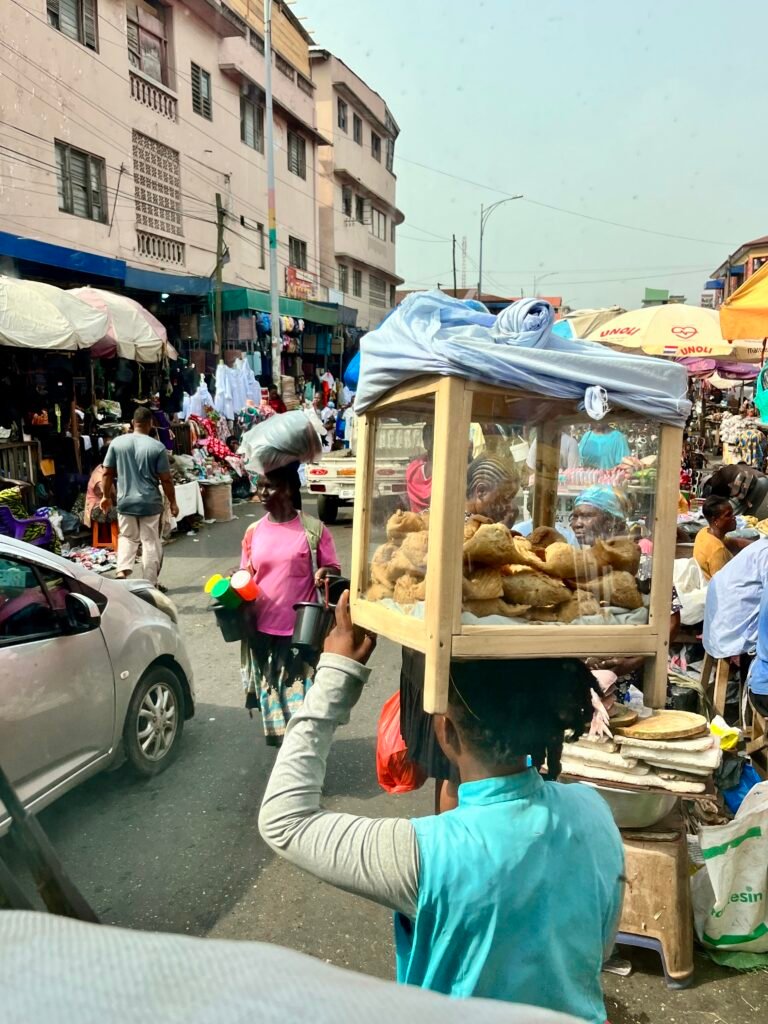
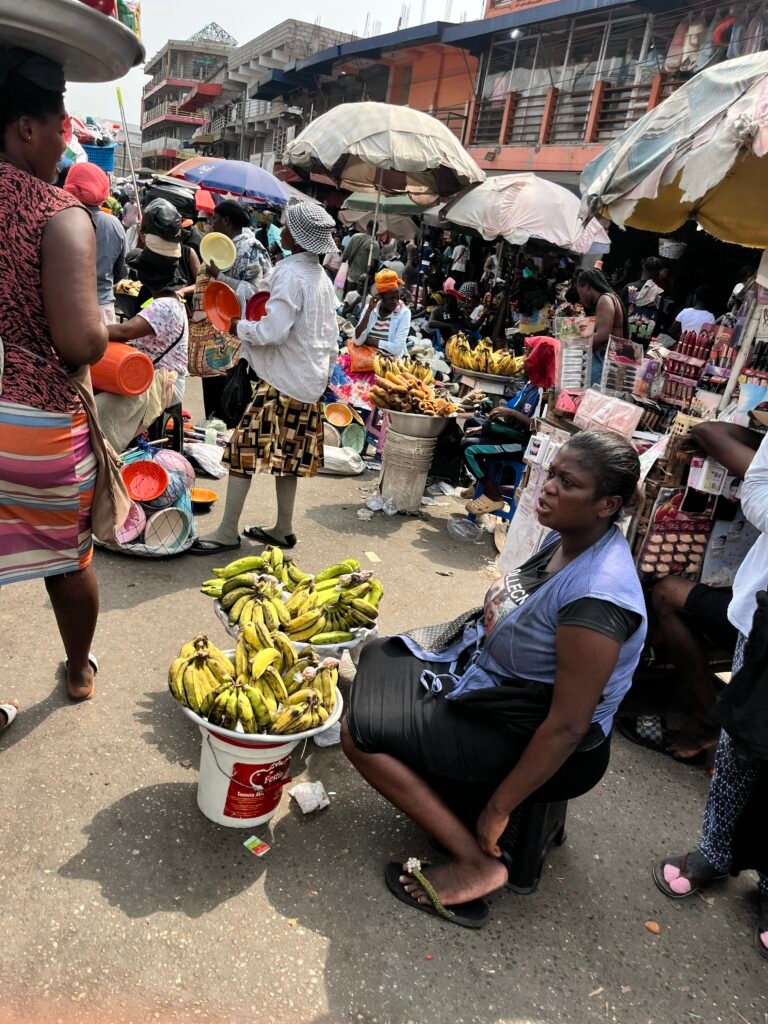
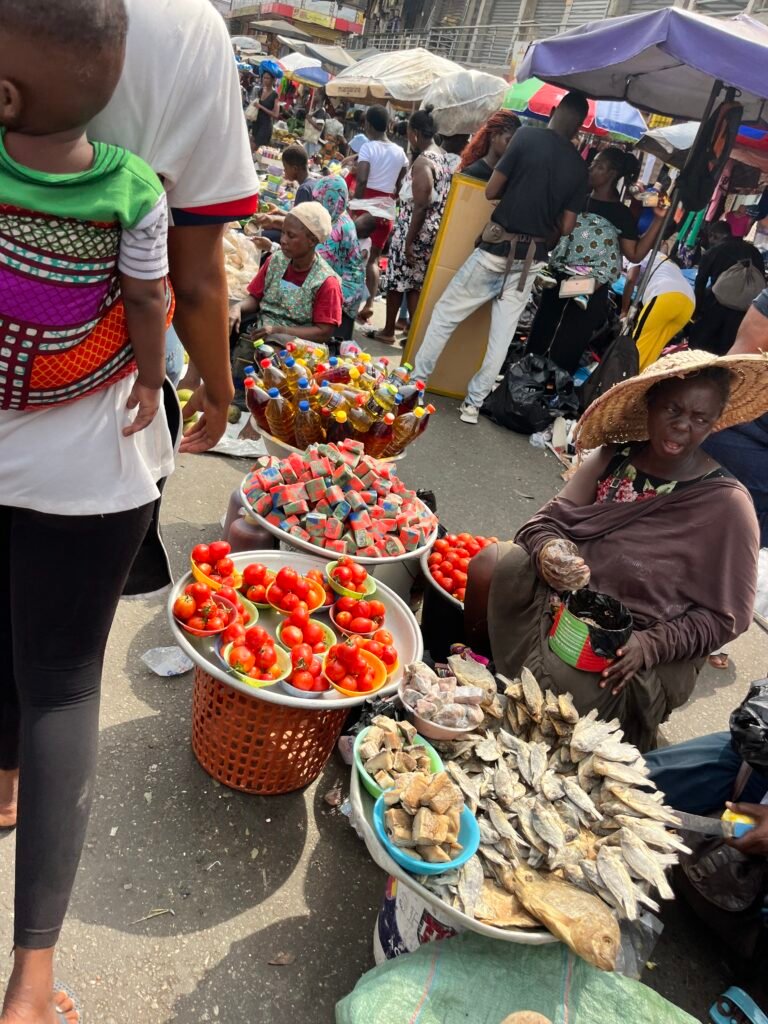
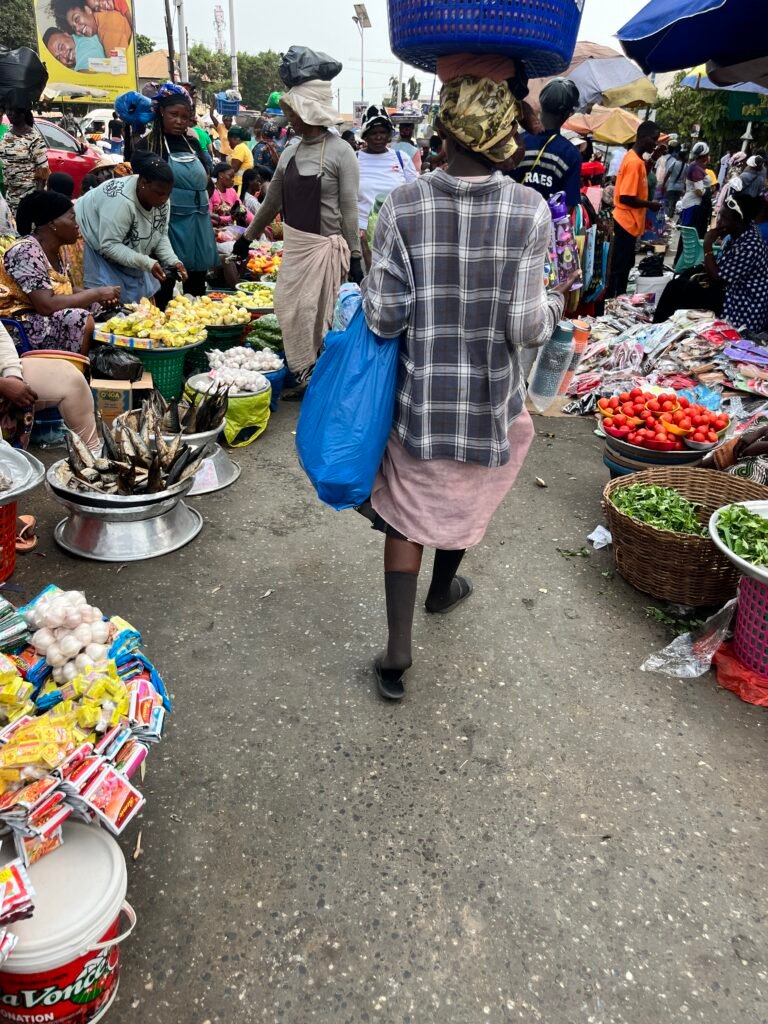
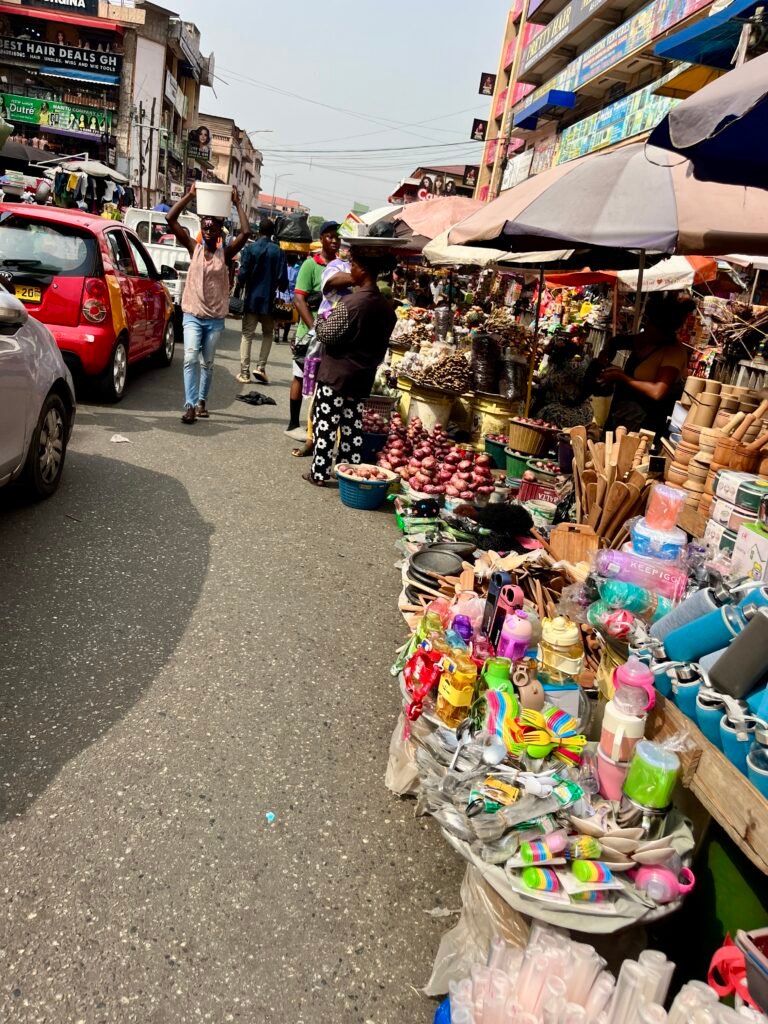
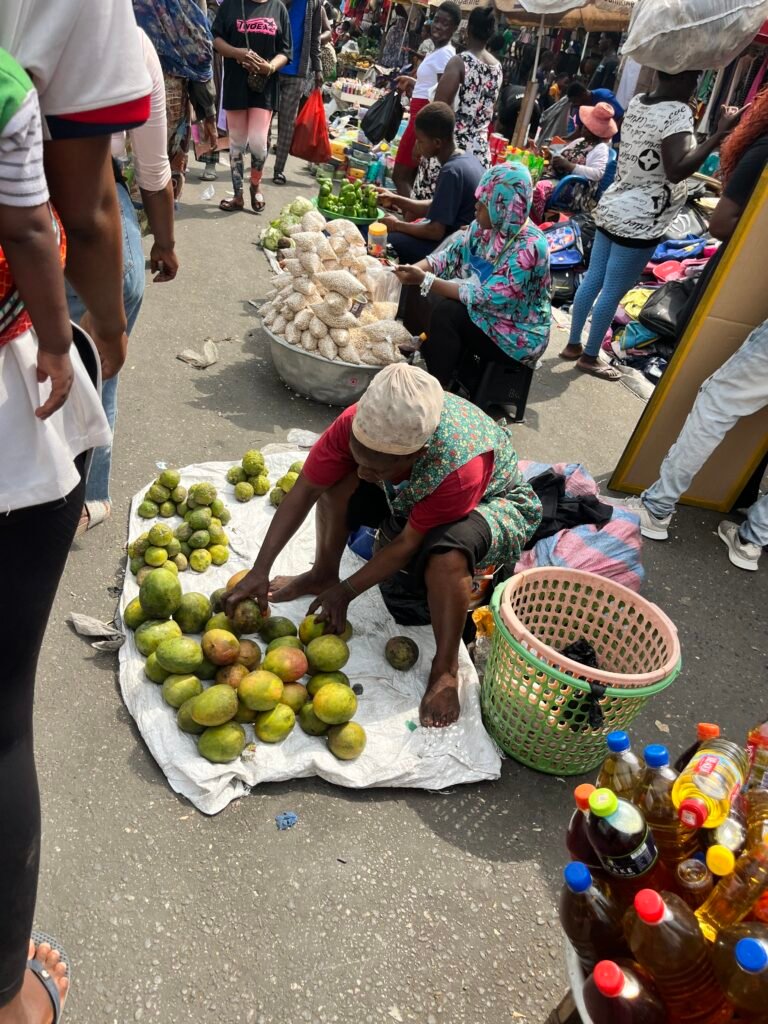
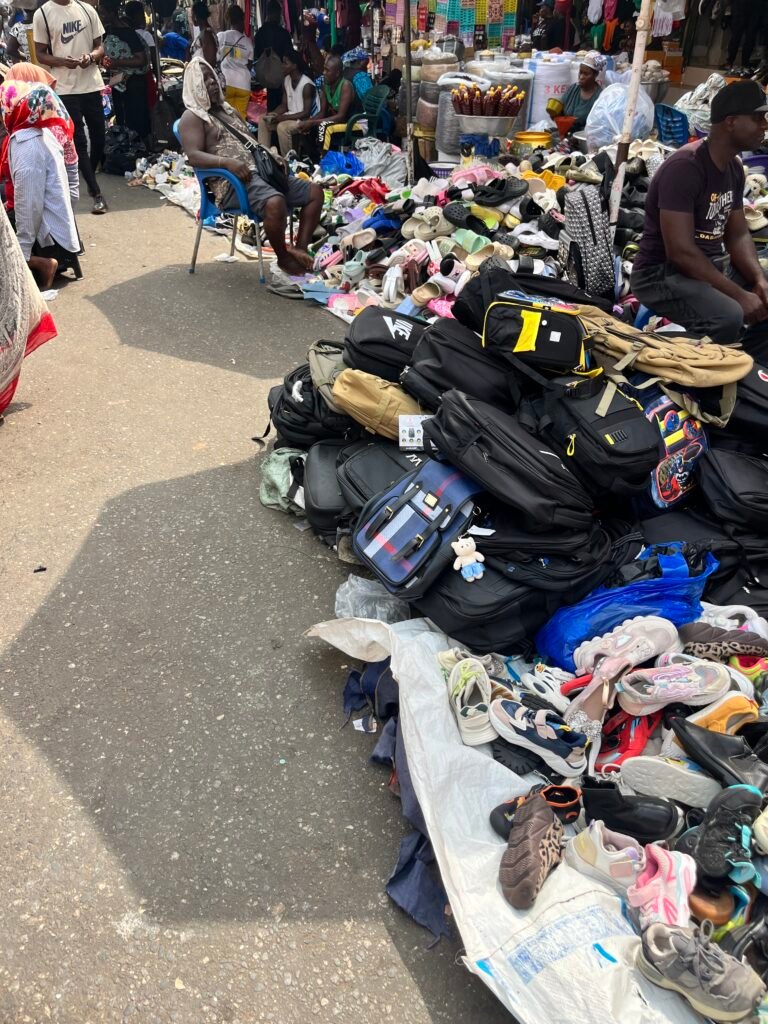
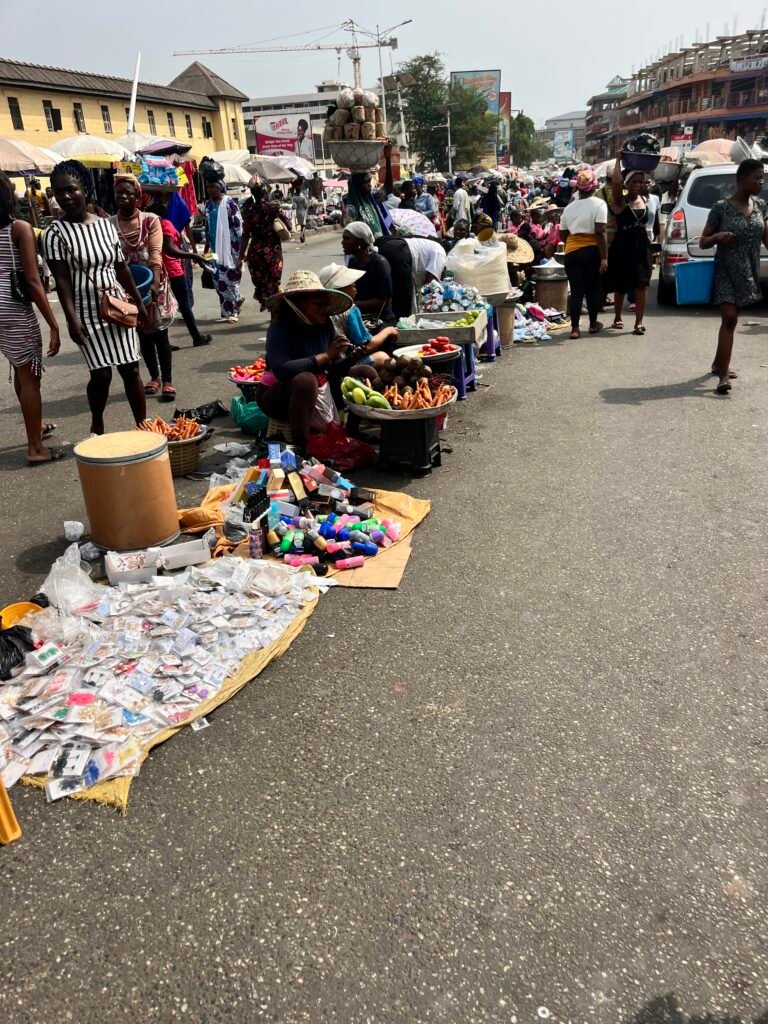
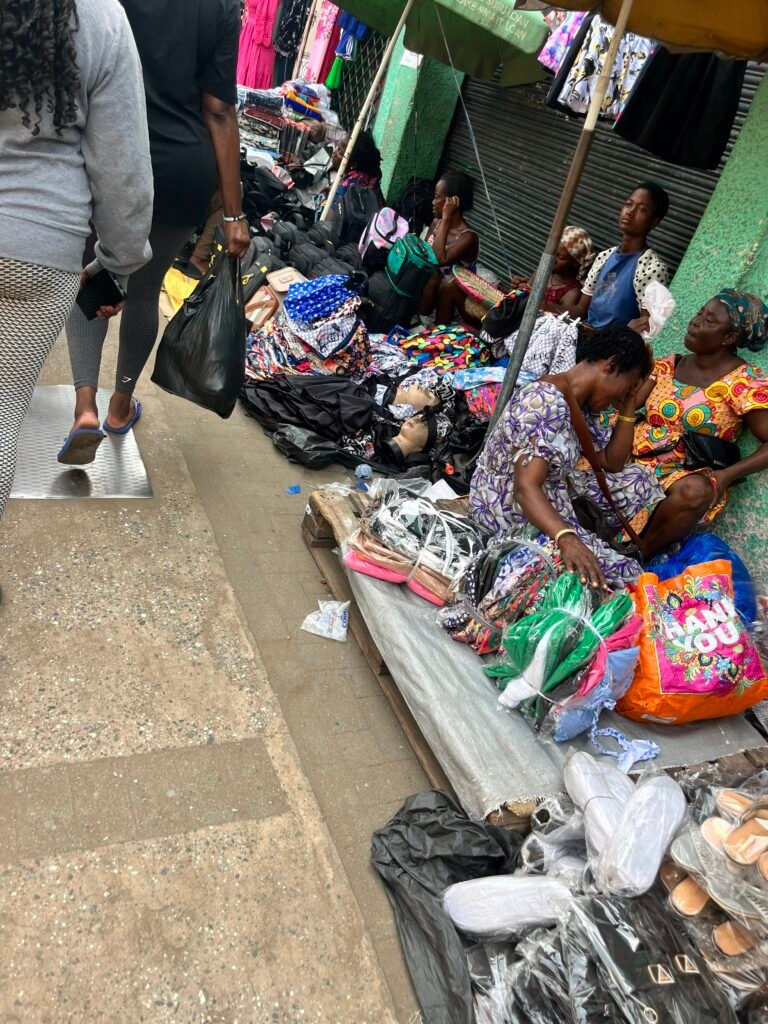
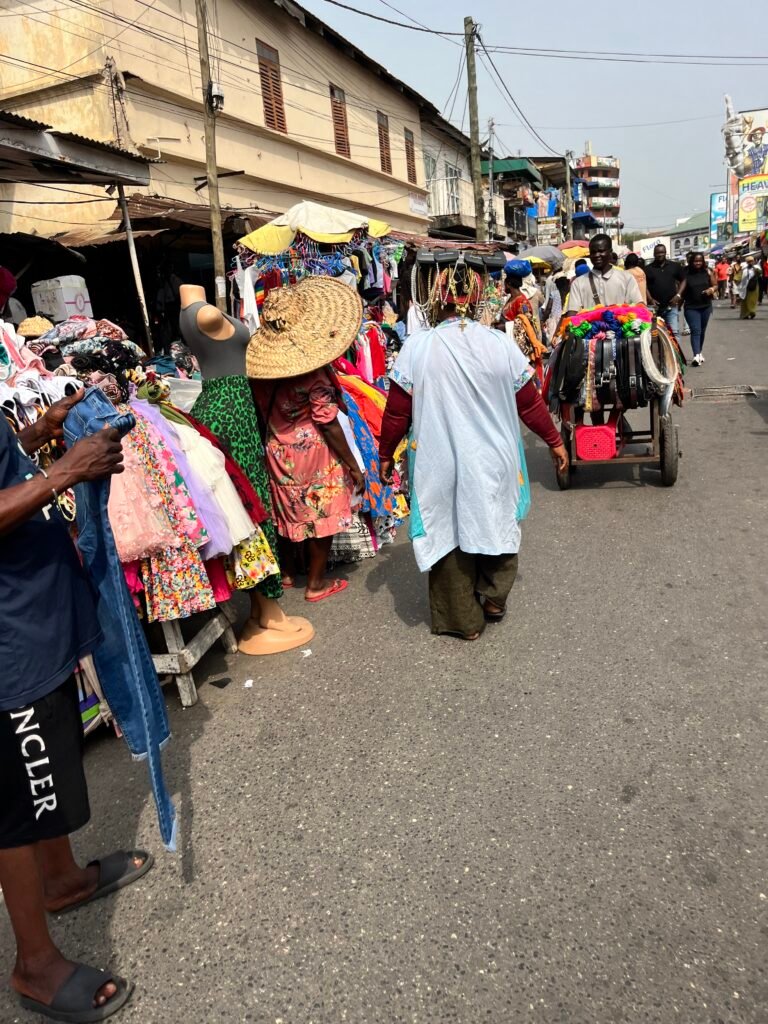
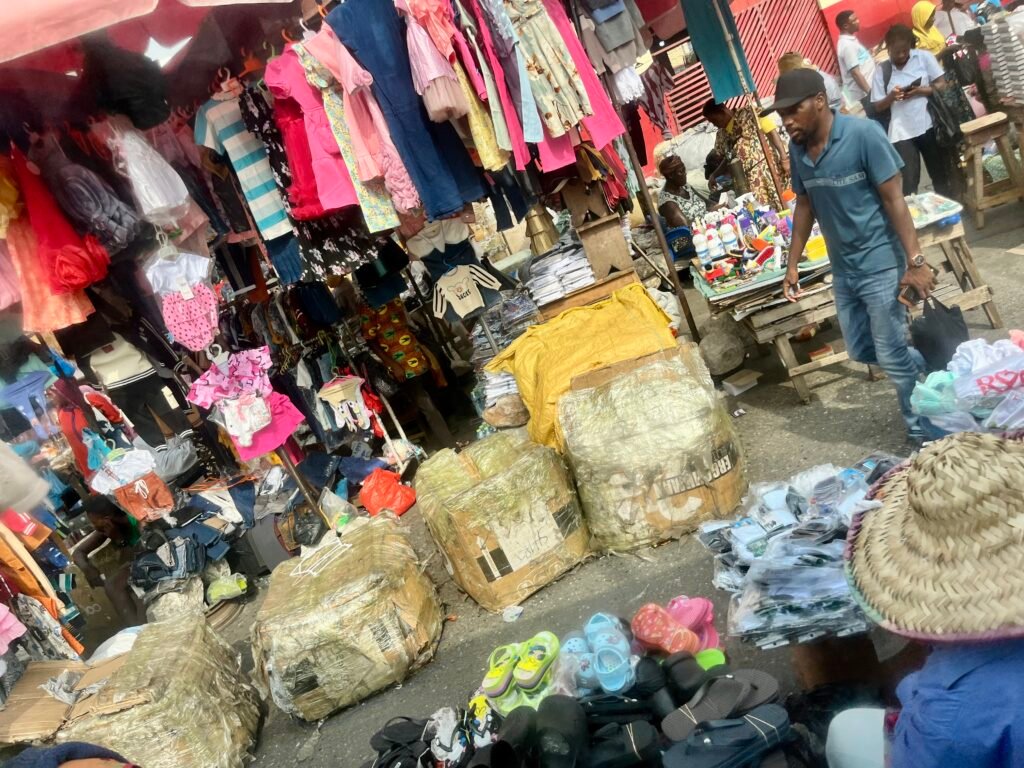
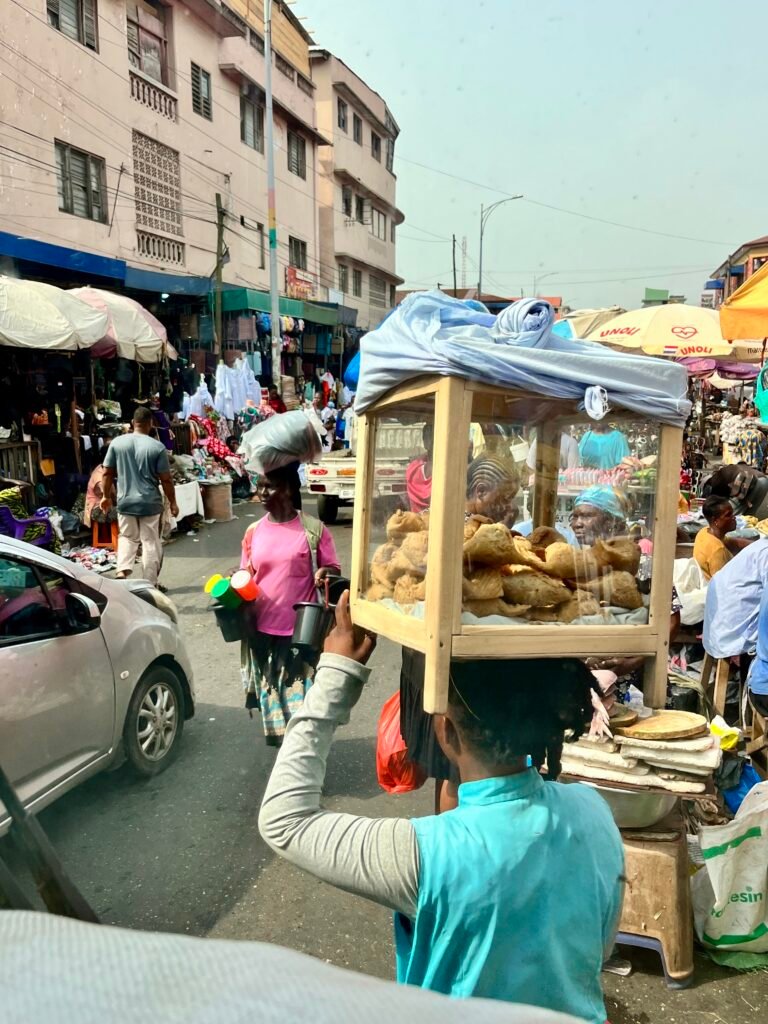
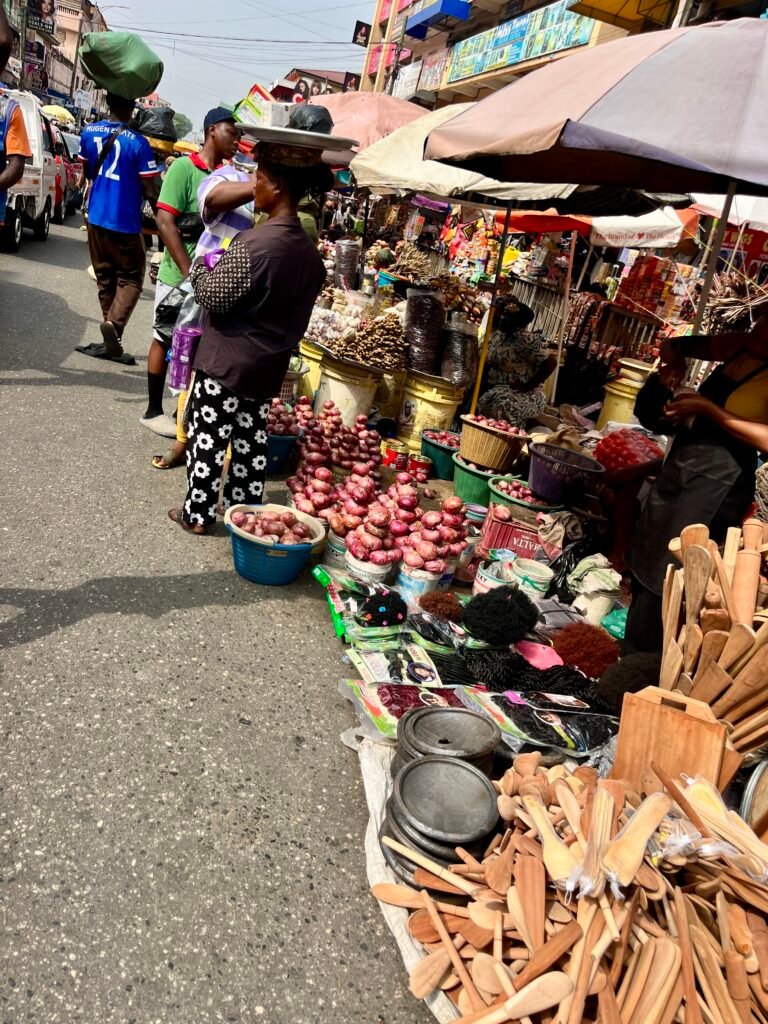
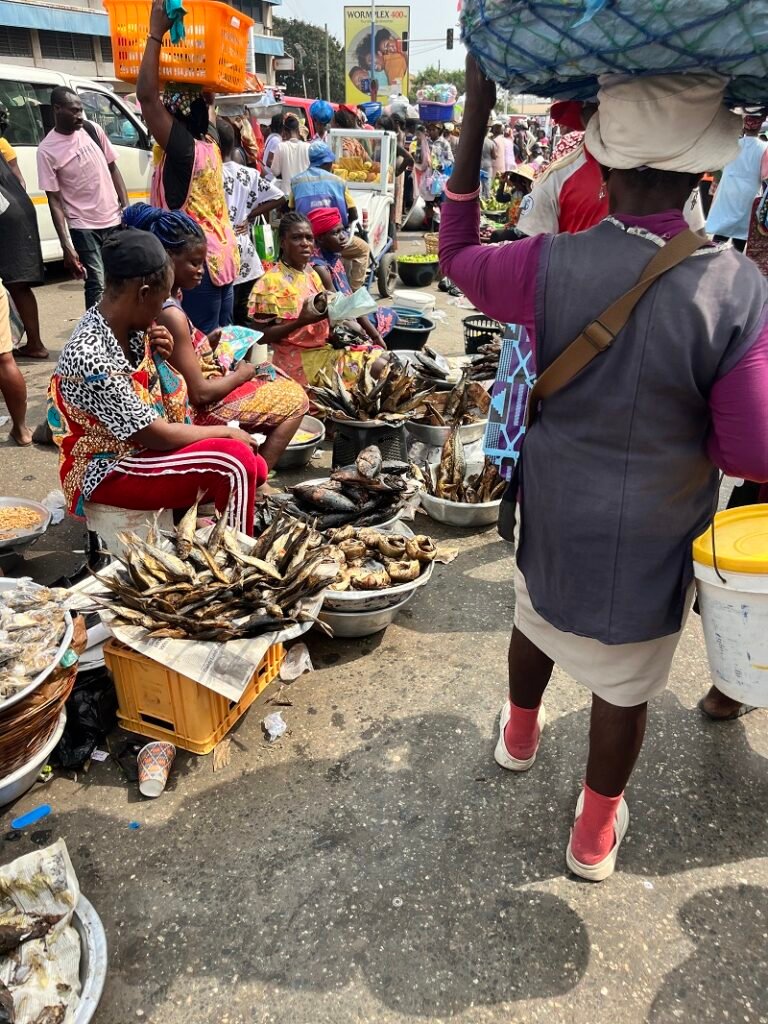
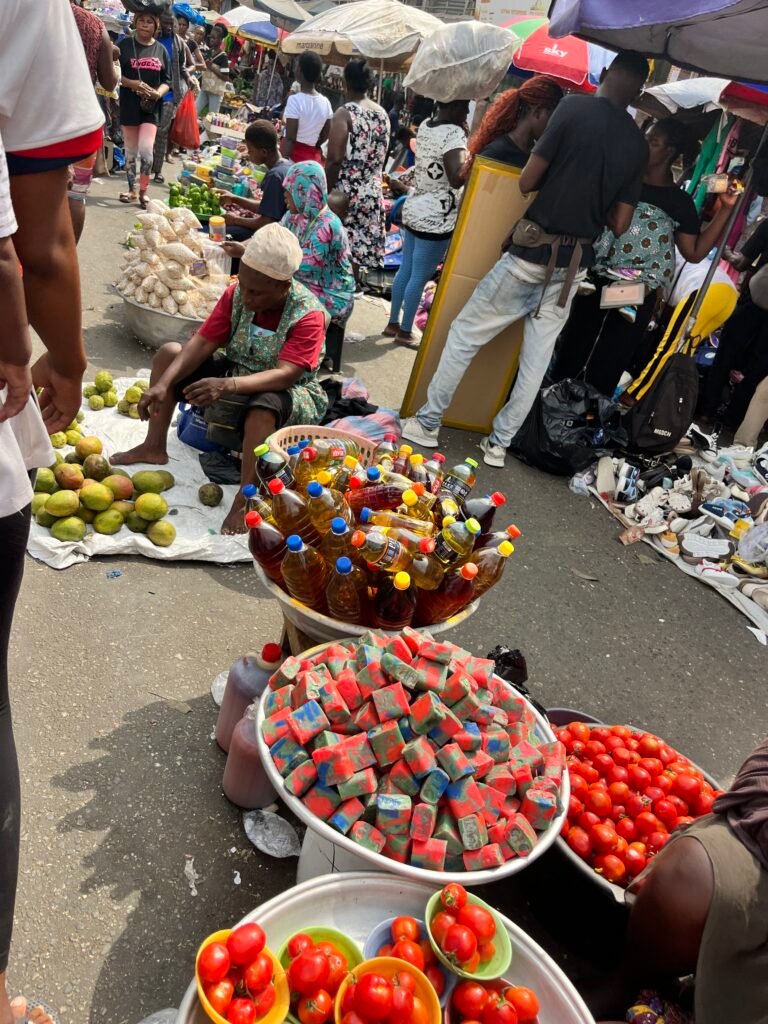
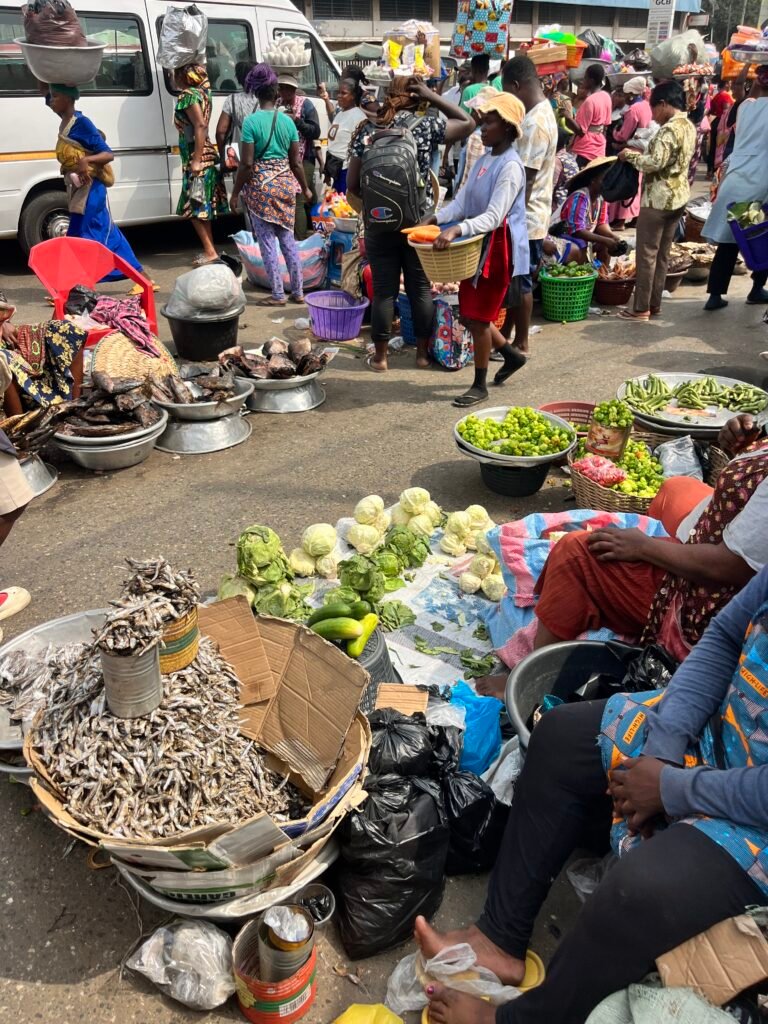
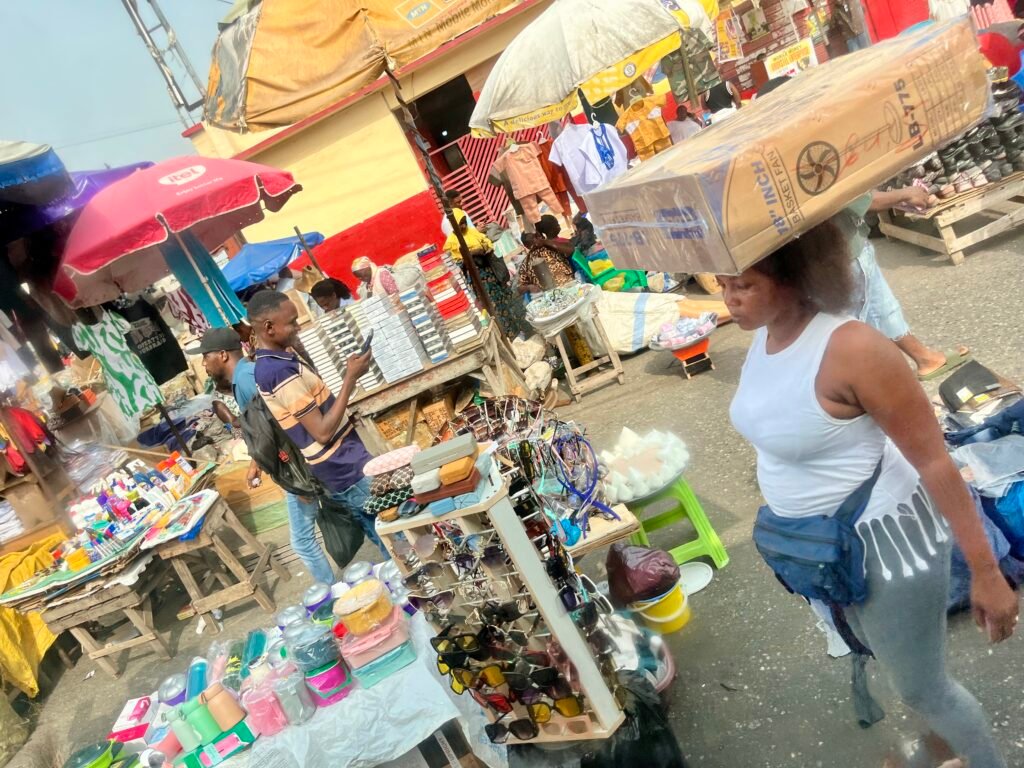
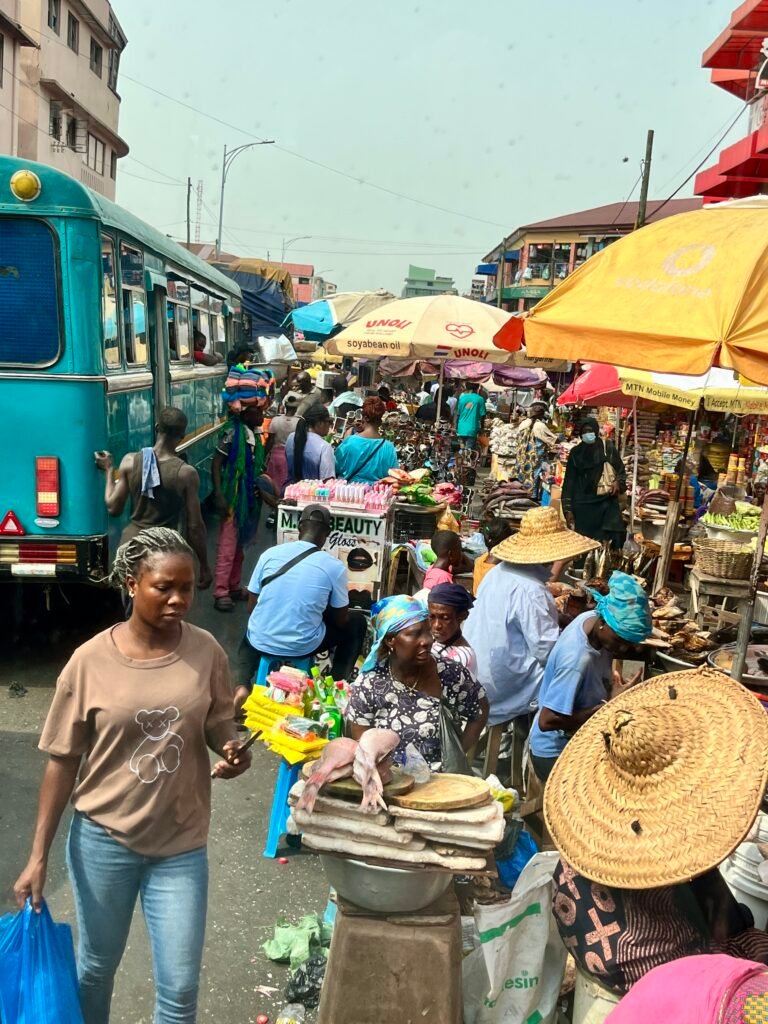
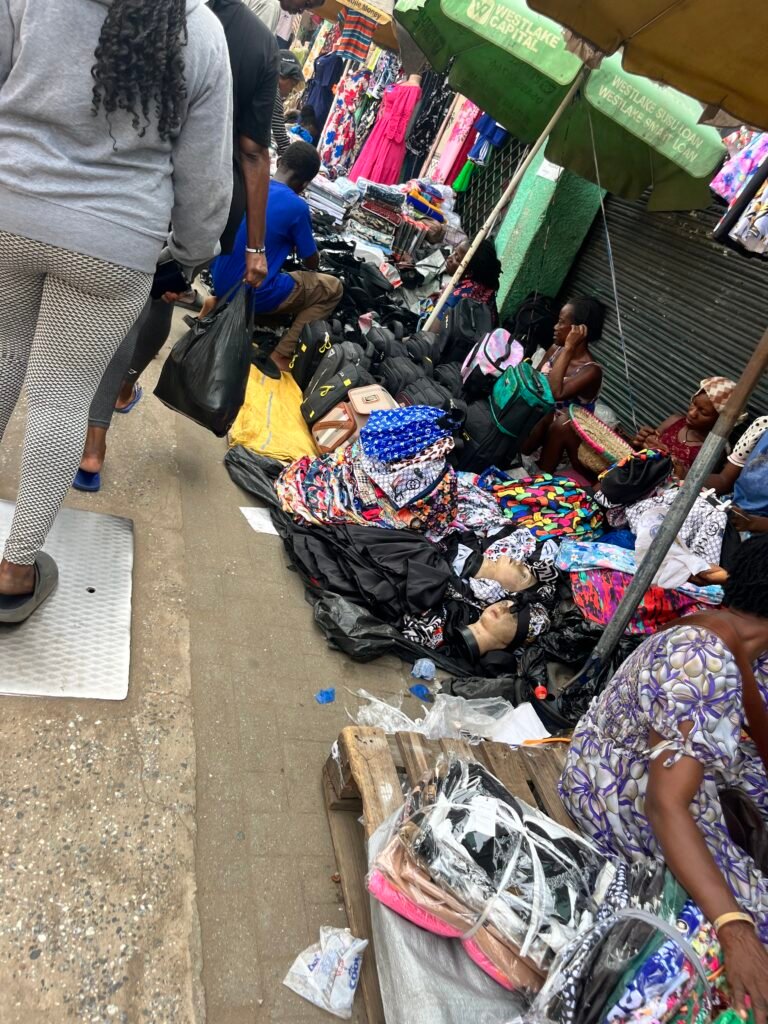
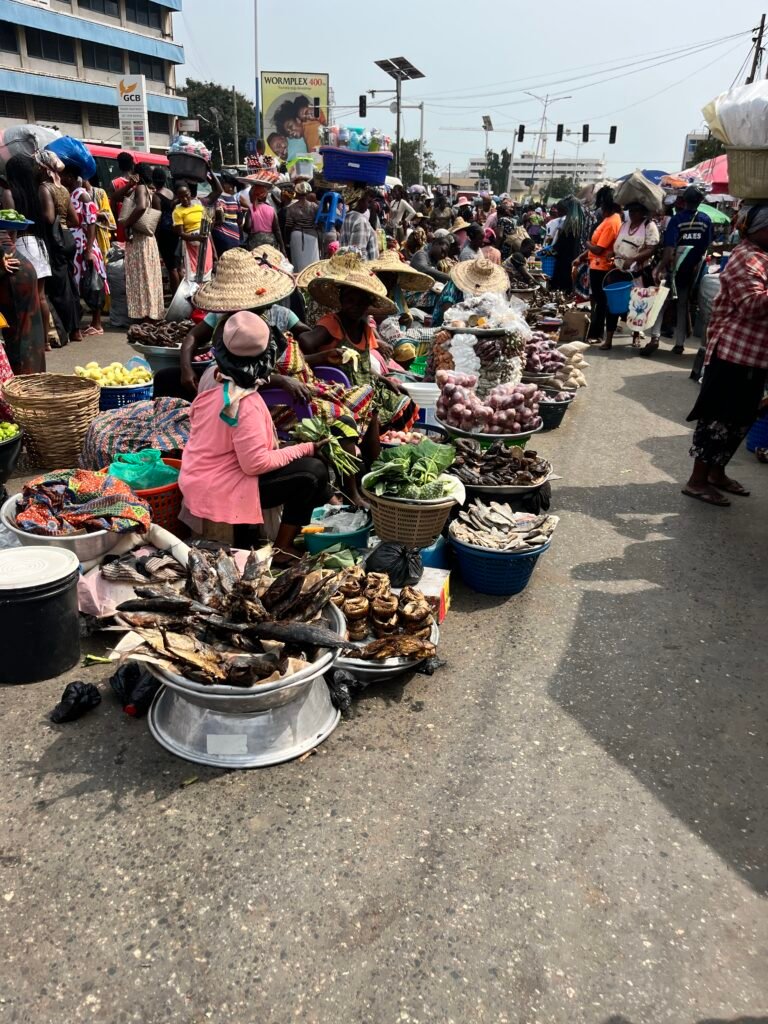
By Linda Abrefi Wadie







